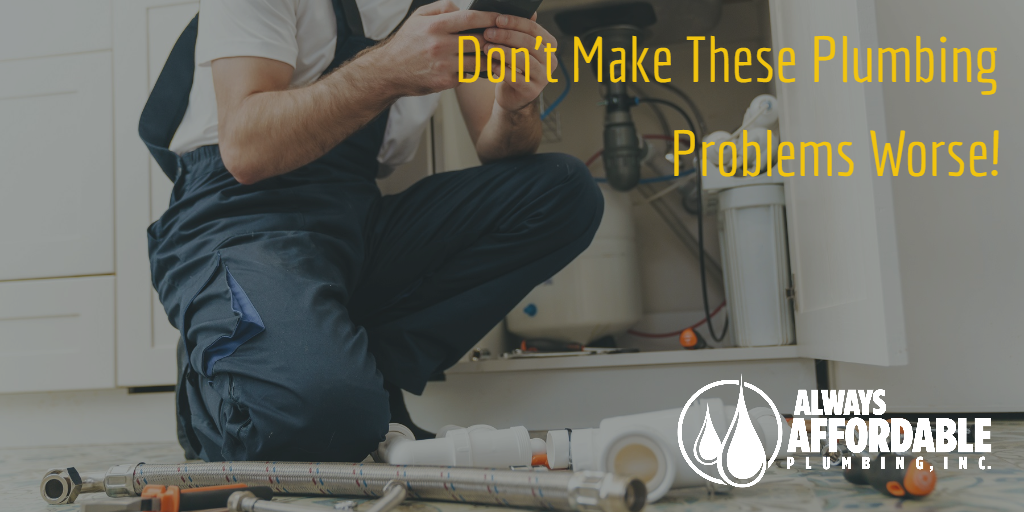All Categories
Featured
Table of Contents
Nevertheless, it is very important to acknowledge the constraints of DIY skills and recognize when it's time to employ an expert. When you require an expert plumbing professional, count on the experts at Sierra to obtain the job done. Sierra's knowledgeable pipes professionals have the knowledge and competence to handle everything from an easy dripping tap to significant sewer line repairs.
Dripping pipes may be the most typical pipes issue of allor the one we most frequently associate with plumbing professionals, at least.
$500 on average, however this can depend on the kind of leakage, the type of pipeline, and where the pipe is located.
Pipelines can rupture for several reasons, typically pertaining to stress. These factors include: Extreme fluctuations in temperature level (frozen pipelines are a typical precursor to pipeline ruptureds)Stress from extending tree rootsExtensive blockages that trigger an accumulation of stress over timeOld age or damage with rust or deterioration If a pipeline bursts in your home, shut off the water promptly to limit the damage.
Should I Do My Own Plumbing?
Depending on the degree of the water damage, you'll likely require to hire a water damage repair solution near you to make sure there is no long-term damages to wall surfaces, floors, and ceilings and to stop mold and mildew and mold growth. You'll also need to change the ruptured pipeline before turning your water back on.

6/ 13 Andrii Medvediuk/Getty Images Filtering your water is excellent for your wellness, and as Bux directs out, it drastically enhances the preference. "We had clients whose faucet water was cloudy since of debris in their old pipelines.
This is virtually always due to the fact that among the RO system lines has actually ruptured or just befalled of the real estate that keeps it sealed. Looking at these lines regularly will assist to alleviate the chances of this happening." 7/ 13 Family Handyman The water heating unit is a lonesome servant that rarely gets the interest it is worthy of.
You might hear popping audios, suggesting a heavy sediment layer on the bottom. Its job is to bring in ions that would corrode the metal lining of the storage tank if it weren't there, and it normally uses out.
Is Diy Plumbing Safe?
If you take place holiday, shut off the primary water shutoff. By doing this, if a pipeline bursts, it will not trigger a flood.
Your local water firm will generally alert you when there are scheduled service interruptions. If your neighbors have water and you don't, you'll desire a plumbing to promptly situate and solve the problem. If your public utility hasn't shut off the water for fixings, there are numerous possible problems that can cause no water streaming inside your home consisting of an underground water primary break, serious obstruction, or a damaged pipe somewhere in your plumbing system.

The system may need upkeep, or maybe time for a substitute. Repairs to hot water heating units ought to be done by certified plumbing professionals. They have the training and experience to collaborate with both water and gas line links and can safely make repair services or install a brand-new hot water heater if necessary.
Many pipelines are located inside walls, ceilings and floors, which makes situating and fixing a burst pipe challenging for DIYers. As quickly as you see a burst pipeline, switch off the water pipe and call a plumbing. A certified plumbing technician will certainly have the right tools and training to find a ruptured pipeline and make long lasting repair work.
If you attempt to start the thawing procedure on your very own, there are several precautions to take. A ruptured pipe can create extensive water damages so it's important to thaw pipes slowly and thoroughly. Thawing frozen pipelines is ideal entrusted to a professional since repairs are often needed. Reduced water pressure in one component, such as a faucet, may be a clogged aerator.
Should I Do My Own Plumbing?

Tree roots invading below ground sewer pipelines are a typical cause of obstructions. If you have an overruning commode, initially transform off the water shutoff.
Latest Posts
The smart Trick of Identity Protection Tools That Nobody is Talking About
The Ultimate Guide To Identity Protection Tools
The Best Guide To Identity Protection Tools